- Welcome to Jewelspride Bengals
- SHOP
- Jewelspride Designs
- Life is Better With Bengals - Blog Articles
-
KITTENS
- Links
- SHOP
- Bengal Care - Everything You Need to Know
- About Us
- Catios and Cat Posts!
- Cat Boarding!
- ** Queens **
- ** Studs **
- Our Cattery and Visits
- Cat Wheels
- **NEW** Jewelspride Alumni
- Photo Gallery & Videos
- Uno's World
- Contact Us
- *New! Cat TV!*
- New Page
- Custom Gifts by Carmen
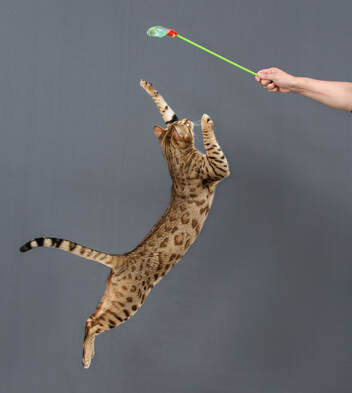 As a Bengal cat breeder, I often receive questions from potential clients about the personality traits of these beautiful animals. Bengal cats are known for their distinctive appearance, but it's their personalities that make them truly special. In this post, I'll go over the most common personality traits of Bengal cats so that you can get an idea of what to expect if you're considering bringing one into your home. As always, for more in-depth information or specific questions feel free to reach out to me through the website or by email: [email protected]. 1. Playful: Bengal cats are highly playful and energetic animals that love to engage in interactive activities. Their love for play is one of the most notable personality traits of this breed. From a young age, Bengal cats are naturally drawn to toys, and they enjoy chasing, batting, and playing with them. This love for play continues into adulthood, and Bengal cats will often seek out new toys and activities to keep themselves entertained. One of the favorite activities for Bengal cats is chasing laser pointers. These cats are quick and agile, and they love the challenge of trying to catch the moving red dot. Not only does this provide great exercise, but it also helps to satisfy their natural hunting instincts. Another activity that Bengal cats enjoy is playing with feather toys. These cats love to pounce, jump, and chase after feathers, and this type of play provides great physical and mental stimulation. They may also enjoy playing with balls or other small toys, and they'll often bat them around or carry them in their mouths. In addition to playing with toys, Bengal cats also enjoy interactive activities with their owners. They may engage in play fighting, climbing, and exploring their surroundings, which provides great exercise and helps to strengthen the bond between cat and owner. 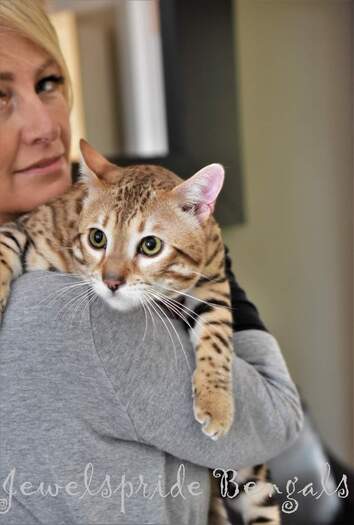 Me, with Midas, one of our home-raised Bengal cat studs. He's a lover! Me, with Midas, one of our home-raised Bengal cat studs. He's a lover! 2. Affection: Bengal cats are known for their high energy levels and playfulness, but despite their active nature, they are also extremely affectionate. These cats have a strong desire to be around their owners and will often seek out attention and cuddles. They love to be petted, brushed, and held, and they'll often follow their owners around the house, rubbing against their legs and meowing for attention. Bengal cats are known for their "velcro" personality, meaning that they like to stick close to their owners and be a constant presence in their lives. They are loyal, loving, and affectionate pets that form strong bonds with their owners. This can be a wonderful trait for those who enjoy having a close relationship with their pets, but it can also become a bit intense or annoying to some. For example, some Bengal cats may demand attention at all hours of the day and night, and they may become vocal or demanding if they don't receive it. Others may become clingy or overly attached, following their owners everywhere they go. While this level of affection can be charming, it can also become overwhelming for some owners. 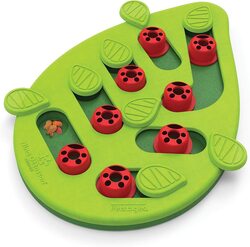 3. Intelligence: Bengal cats are known for their intelligence and trainability, making them excellent pets for families and individuals who enjoy investing time in training their pets. These cats are quick learners and are able to pick up on new commands and tricks with ease. They respond well to positive reinforcement and love to be praised for their accomplishments. One of the best things about Bengal cats is that they are highly intelligent, which means that they are able to learn new tricks and commands with relative ease. They are quick learners and are able to pick up on new concepts in a short amount of time. This makes them great pets for families who enjoy teaching their pets new tricks, such as sit, stay, come, roll over, and more. Bengal cats are also very trainable when it comes to behavior modification. For example, if you have a Bengal cat that likes to scratch the furniture, you can train them to use a scratching post instead. With patience, consistency, and positive reinforcement, Bengal cats are able to learn new behaviors and respond well to commands. In addition to their trainability, Bengal cats are also known for their intelligence and problem-solving skills. They are able to figure out how to get what they want, such as how to open doors or cabinets, and they love to challenge themselves with new puzzles and toys. 4. Vocal: Bengal cats are known for their vocal nature and are not shy about letting their owners know what they want. These cats may meow, chirp, or make other noises to get your attention or express their feelings. They are communicative and expressive pets that love to interact with their owners. For some people, the vocal nature of Bengal cats can be charming and entertaining. These cats are playful and enjoy attention, and they are not afraid to let their owners know when they want it. They may meow, chirp, or make other noises to get your attention, and they may also "talk" to you when they are excited or happy. However, for others, the vocal nature of Bengal cats can be overwhelming or annoying. They may be loud and demanding, especially when they want attention or food, and they may become vocal when they are left alone or are in a new environment. If you don't mind a potentially noisy pet, a Bengal cat may be a good fit for you. However, if you prefer a more laid-back and quiet pet, you may want to consider a different breed. 5. Active: Bengal cats are highly active and enjoy being on the move almost continuously during their waking hours. They have a lot of energy and love to explore their surroundings, making them great pets for active families who enjoy spending time outdoors. These cats are not content to simply lie around all day, they love to be up and about, and they are always seeking new adventures and experiences. Bengal cats love to climb and jump, and they are known for their agility and grace. They are quick and light on their feet, and they enjoy exploring their environment and climbing to high places to get a better view of their surroundings. They love to play with toys, such as string, feathers, and balls, and they also enjoy playing with their owners. 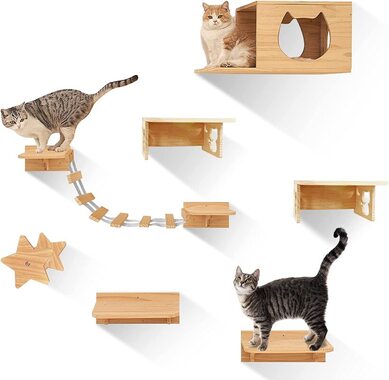 In addition to playing and climbing, Bengal cats also enjoy exploring their environment. They are curious and adventurous, and they love to investigate new sights, sounds, and smells. They are great pets for families who enjoy spending time outdoors or who are able to create creating exciting indoor playgrounds for their cat to roam and explore. Cat exercise wheels and high-climbing trees or wall shelves can really help "catify" any indoor space for a Bengal cat if the owner is willing to invest the time and money. It's well worth the effort! Bengal cats are definitely a unique breed with distinctive personalities. If you're looking for a fun, energetic, and affectionate pet, a Bengal cat may be the perfect choice for you. Just be prepared for a lot of playtime, meows, and cuddles.
Written by Carmen Klassen, Owner of Jewelspride Bengals. For questions or for more information about our Bengal cats, feel free to reach out to us via www.jewelspridebengals.org
1 Comment
Bengal cats are known for their wild appearance and playful personalities, which attracts many people to having them as pets. However, many potential cat owners are concerned about the noise level of these cats. So, are Bengal cats noisy? The answer is both yes and no. On one hand, Bengal cats are known for their playful and energetic nature, which can sometimes lead to excessive vocalization and destructive behavior. They have a tendency to talk and meow loudly, especially when they want attention. This is especially true for younger cats, who are still learning to express themselves. 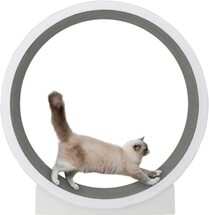 On the other hand, many Bengal cats are quite quiet and well-behaved, as long as they receive adequate exercise and attention. Providing plenty of toys and interactive playtime can help reduce excessive meowing and other noisy behavior. Exercise wheels, laser pointers, and interactive toys such as feather wands can all help keep your Bengal cat entertained and reduce their need for excessive vocalization. Additionally, regular play sessions and training sessions can also provide mental stimulation, which can help prevent destructive behavior. Bengal cats are known to be highly intelligent and curious animals, which makes them highly trainable. This intelligence can be leveraged to teach them to modify their behavior, including reducing the volume of their meows. With consistent training and positive reinforcement, it is possible to train a Bengal cat to meow more quietly or even to stop meowing altogether. One effective approach is to provide rewards for quiet meowing, such as treats or verbal praise. Over time, the cat will learn that quiet meowing is more likely to result in rewards and will start to adjust its behavior accordingly. Similarly, you can also use positive reinforcement to discourage excessive meowing. For example, if your Bengal cat is meowing loudly for attention, you can withhold attention or treats until it stops meowing or meows more quietly. It is important to keep in mind that the training process may take time and patience, and may need to be repeated regularly to maintain the desired behavior. However, with a little effort and patience, it is possible to train your Bengal cat to be less noisy, making them an even better companion for you and your family. In conclusion, whether or not Bengal cats are noisy really depends on the individual cat and their environment. With proper training and attention, most Bengal cats can be quite quiet and well-behaved. However, if you are looking for a low-maintenance, quiet pet, it may be best to consider a different breed.
Remember that all cats, regardless of breed, have their own unique personalities and behaviors, so it's always important to research and interact with individual cats before making a decision. Bengal cats are known for their energetic personalities. Bengal cats can be a joy to live with, but their energy levels can also be a source of frustration for some owners. Many Bengal owners may find themselves wondering when their cats will "calm down." In this article, we'll explore the maturity and age of Bengal cats, as well as other factors that can affect a Bengal's personality. Bengal cats are a relatively young breed, first developed in the United States in the 1970s. The breed was created by crossing an Asian leopard cat with a domestic cat. The Asian leopard cat is a small forest dwelling wild cat that is native to Asia. The goal of breeding these two cats was to create a domestic cat that would have the wild beauty and striking coat patterns of its wild ancestor, but with the temperament of a domestic cat. When it comes to a Bengal's personality, it's important to understand that maturity and age can play a role. Bengal cats typically reach maturity around 3-4 years of age, and their energy levels and activity tend to decrease as they age. However, their personalities and activity levels can vary greatly, so it's difficult to say when a specific Bengal cat will calm down. Some cats may retain their playful and energetic personalities throughout their lives, while others may become more relaxed and laid-back as they age. Genetics, environment, and how a cat was raised can also play a key role in shaping a Bengal's personality. For example, a Bengal cat that is raised in a household with children and other pets may be more social and outgoing than a Bengal cat that is raised as an only pet. To help channel a Bengal's energy in positive ways, training and socialization are key. Bengal cats are highly intelligent and can be trained to do a variety of tricks. Training can also help to improve a cat's overall behaviour and reduce problem behaviours such as extreme vocalization, destructive behaviour, and climbing on things you don't want them to climb on. Socialization is also important for Bengal cats. Introducing your cat to new people, animals, and environments can help to reduce fear and aggression and improve your cat's overall behaviour. In conclusion, while a Bengal cat's energy levels may decrease as they age, their personalities and activity levels can vary greatly. Genetics, environment, and how they were raised also play a key role in their behaviour. With proper training and socialization, Bengal cats can make wonderful companion animals. It's always important to be patient and understanding of your cat's unique personality and behavior.
As our feline companions age, their needs change. Understanding what is considered old age for a cat and how to properly care for a senior cat is crucial for ensuring that they live a happy and comfortable life. 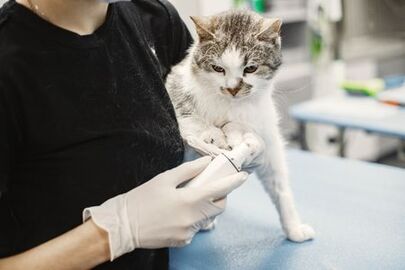 When a cat reaches the age of 15, they are considered to be in their senior years. During this stage of life, it is important to provide extra care and attention to ensure that they are comfortable and happy. One of the biggest concerns for senior cats is maintaining their health, so regular visits to the vet are essential. Many people wonder if senior cats are easy to take care of. The truth is, while they may require a bit more attention and care than younger cats, they can still be loving and affectionate companions. Providing them with a comfortable living environment, a healthy diet, and regular check-ups with the vet can help them age gracefully. Many people also wonder about the age of their cats in human years. A 14 year old cat is roughly equivalent to a 72 year old human. While 20 is considered to be a good age for a cat, it is important to keep in mind that each cat is different and will have their own unique life expectancy. 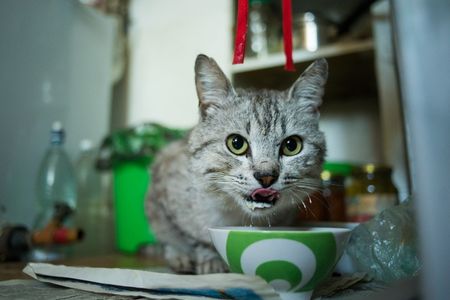 An important aspect of caring for a senior cat is providing them with a proper diet. As cats age, they may have different nutritional needs. Your vet can recommend a senior-specific diet that is formulated to meet the needs of older cats. These diets often contain more protein, fewer calories, and added vitamins and minerals to support the aging process. It is also important to monitor your cat's weight, as senior cats are more prone to obesity which can lead to other health issues. A cat that has been eating a raw diet it's whole life, should continue eating this diet into the senior years, as it's the healthiest diet for a cat, and a cat eating this diet will not gain excess weight and will thrive on the pure protein and nutrients that a raw species appropriate diet will automatically provide them with.  Many cat owners wonder whether they should feed their senior cats wet or dry food. The answer to this question will vary depending on the cat's individual needs and preferences. However, it is generally recommended to feed a wet diet (raw or canned) as older cats may have a harder time eating dry food and also because it provides essential moisture content. 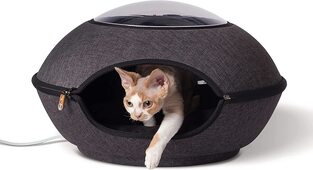 So, what makes senior cats happy? Keeping them mentally and physically stimulated is key. Interactive toys, scratching posts, and comfortable beds can all help keep them active and engaged. Additionally, providing them with a warm and cozy environment can also make them feel content. Providing your senior cat with a comfortable living environment is also crucial. As cats age, they may have trouble climbing or jumping, so it's important to provide them with a comfortable bed at ground level, and plenty of warm blankets or cushions to snuggle up in. Cats also enjoy a warm and cozy spot to rest, so consider providing them with a heated bed or pad. 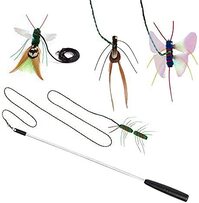 In terms of activity, it's important to provide your senior cat with plenty of opportunities for exercise and play, but be mindful that they may not have the energy levels of a younger cat. Short play sessions or interactive toys may be more appropriate. Consider providing your senior cat with a scratching post or cardboard box to keep them mentally and physically stimulated. 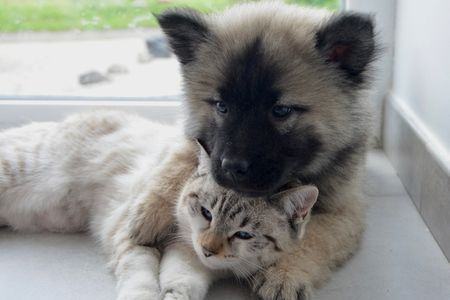 Many people also wonder if older cats get lonely. The answer is yes, they can. While cats are independent creatures, they still crave companionship and interaction. If you are concerned that your senior cat is feeling lonely, consider getting them a companion or spending more time interacting with them. When it comes to caring for a 17 year old cat, it is important to keep in mind that they may have decreased mobility and may require assistance with grooming and other daily tasks. As cats age, they may also become more prone to certain health issues, such as kidney disease or arthritis. 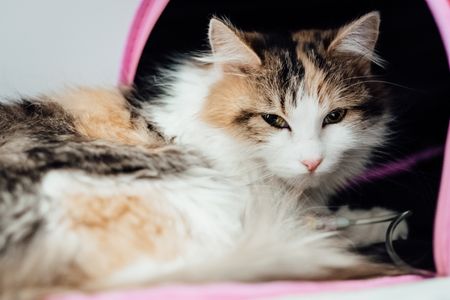 Senior cats may also experience changes in their behavior such as increased sleeping, decreased grooming or problems with litter box use. These changes can be due to a variety of reasons such as arthritis or dental issues. If you notice any changes in your senior cat's behavior, talk to your vet to rule out any underlying medical conditions and to come up with a plan to manage them. One common issue that many cat owners face is their senior cats meowing excessively. This can be due to a variety of reasons, such as changes in vision or hearing, or simply because they are trying to communicate their needs. If your 17 year old cat is meowing excessively, consult with your vet to rule out any underlying health issues. 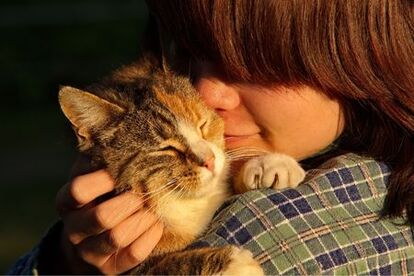 Provide your senior cat with a calm and quiet environment, as loud noises and too much commotion can cause them stress. As cats age, they may also become more sensitive to changes in temperature and may prefer a warm and cozy environment. In conclusion, while caring for a 15 year old cat or older cat may require some extra attention and care, they can still be loving and affectionate companions. Providing them with a comfortable living environment, a healthy diet, and regular check-ups with the vet can help them age gracefully. Remember to keep in mind that each cat is unique and their needs may vary as they age. A senior cat still has a lot of love and joy to give, and they deserve to live a happy and comfortable life. |
AuthorCarmen Klassen, Owner of Jewelspride Bengals Archives
June 2023
Categories
All
|
Copyright © 2024 Jewelspride Cattery and Carmen Klassen
- Welcome to Jewelspride Bengals
- SHOP
- Jewelspride Designs
- Life is Better With Bengals - Blog Articles
-
KITTENS
- Links
- SHOP
- Bengal Care - Everything You Need to Know
- About Us
- Catios and Cat Posts!
- Cat Boarding!
- ** Queens **
- ** Studs **
- Our Cattery and Visits
- Cat Wheels
- **NEW** Jewelspride Alumni
- Photo Gallery & Videos
- Uno's World
- Contact Us
- *New! Cat TV!*
- New Page
- Custom Gifts by Carmen
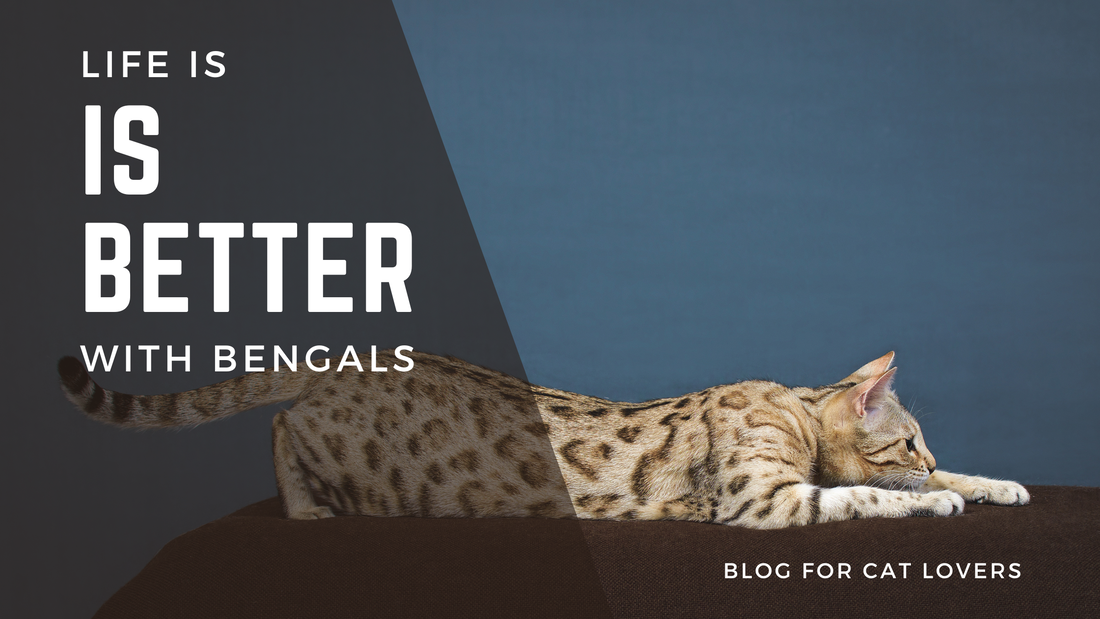
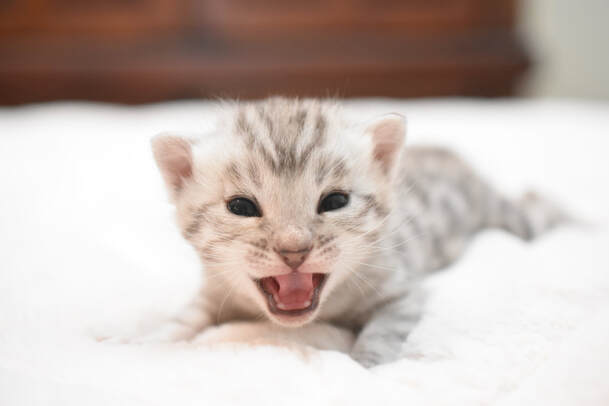
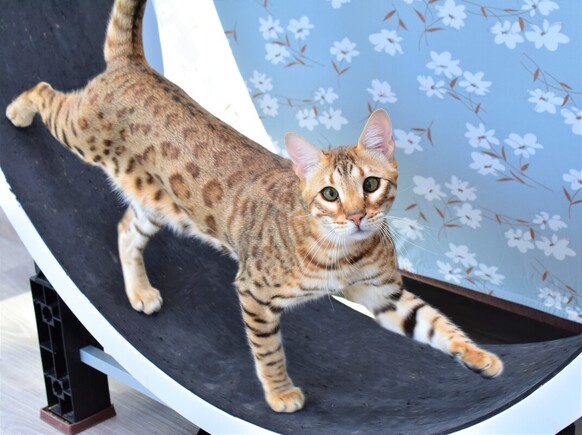
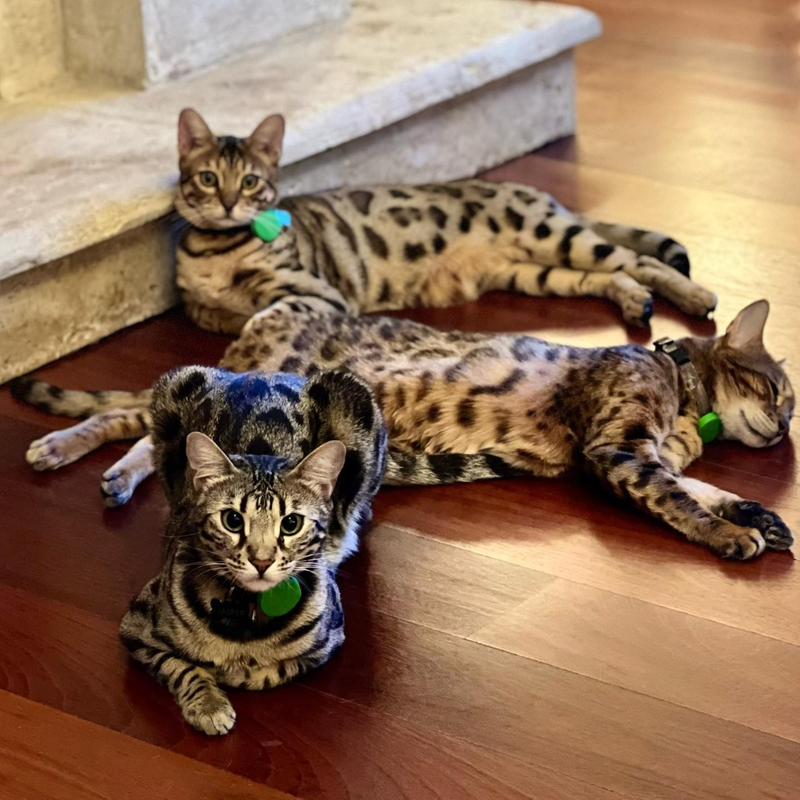
 RSS Feed
RSS Feed




